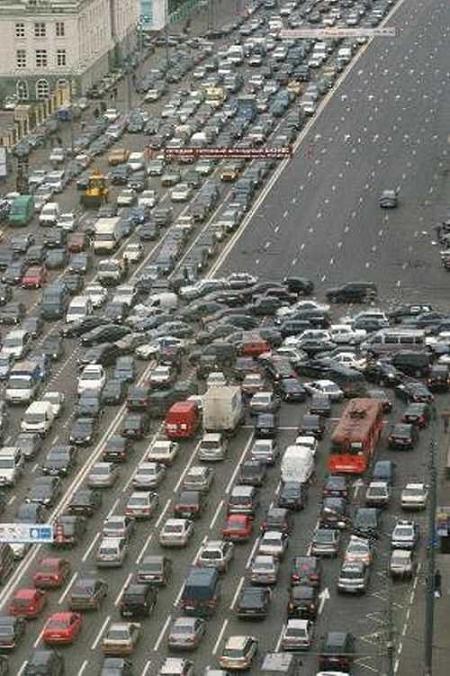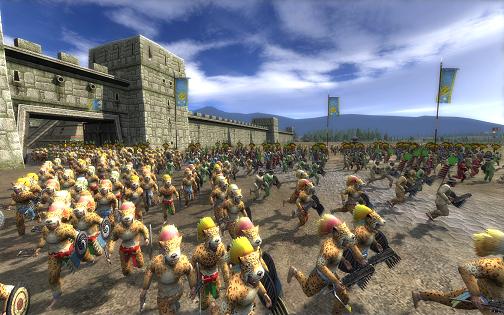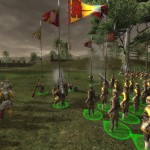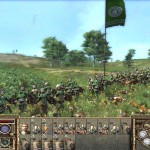I’m sorry but I just can’t stop myself from posting bad news from Zimbabwe because it’s so sad that it’s comical. Anyway, in response to growing pressure from the rest of the world to send in outside troops to bring relief to the Zimbabwean people, President Robert Mugabe has announced that there is no cholera epidemic in his country, and hence no reason for any other country to mount any kind of intervention. As he says:
“I am happy to say our doctors have been assisted by others and WHO (the World Health Organisation)… so now that there is no cholera,” he said in a nationally televised speech.
That’s not what everyone else is saying, of course. Take this example from ReliefWeb:
The U.N. aid agencies report the outbreak is worsening amidst growing criminality in the country. They say security is bad and looting is on the increase, as are attacks and robberies of humanitarian aid workers.
Cholera is having a devastating impact, as 43 out of Zimbabwe’s 62 districts are reporting cases. In addition, the United Nations reports cholera is spreading to South Africa, Botswana and Mozambique.
That’s some serious chutzpah right there, comparable to the Iraqi Information Minister’s bombastic claims that there were no American troops in Baghdad on live television in 2003 even while American tanks were rolling in behind him. Let’s hope that the world will see the back of Mugabe in fairly short order so that the real work of rebuilding Zimbabwe can begin.
UPDATE: The Zimbabwean government is now saying that the cholera epidemic is still going on but claims that it is caused by a biological weapon attack orchestrated by the United States.





